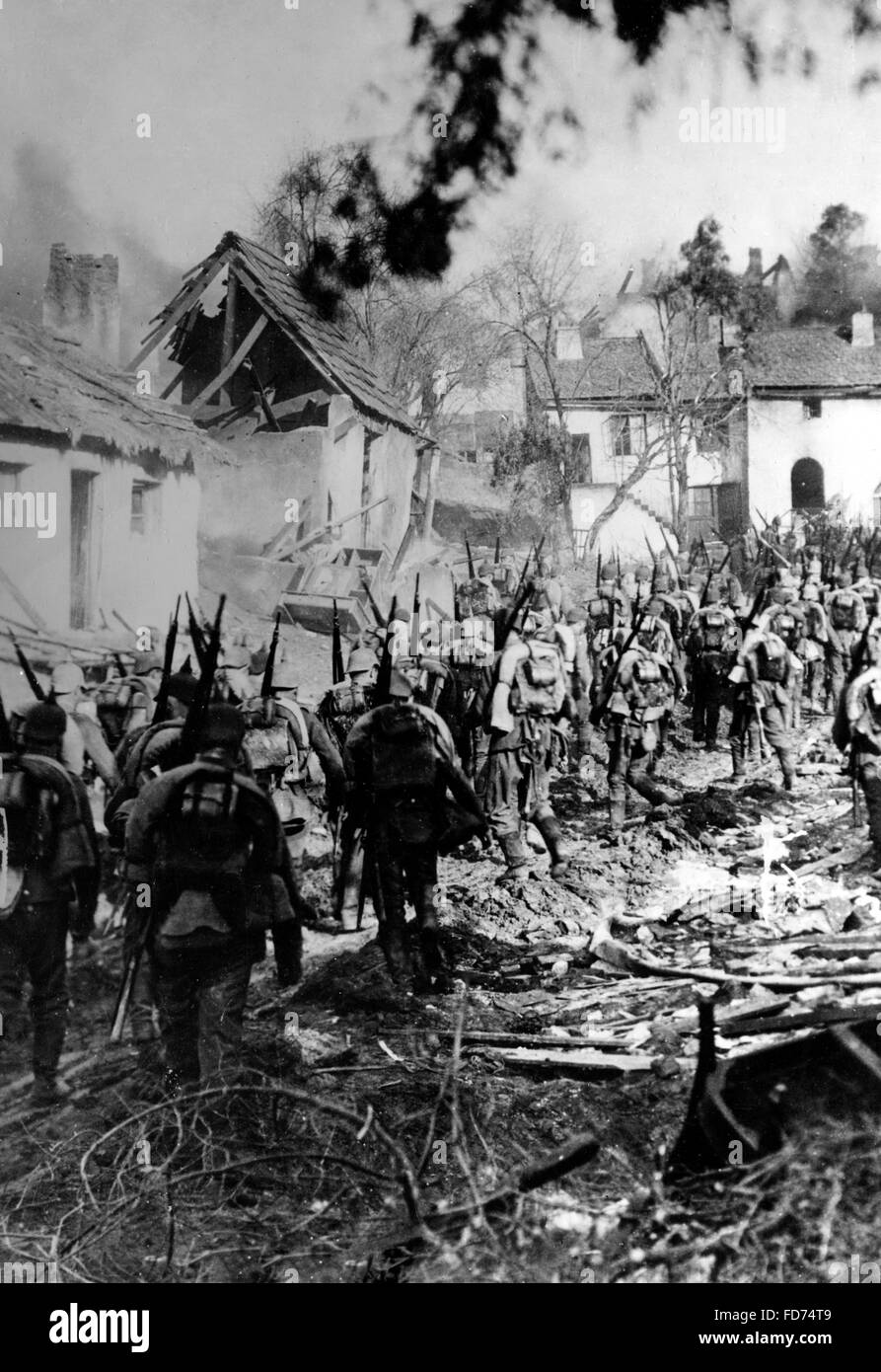
“With losses mounting on the front and hunger and desperation growing at home, the Russian government felt the pressure.”īut Nicholas II somehow didn’t grasp just how bad of a situation he was in. “Store shelves were emptied of their products and inflation soared,” Hartnett says. Those hordes of desperate people streamed into Russian cities that already were struggling under the burden of the war effort. “Along with the horrifying large number of Russian soldiers killed and wounded, this great retreat led to a massive number of refugees,” Hartnett notes. Their loss weakened the army so much, he notes, “that when push came to shove in 1917, the army was not a reliable defender of the monarchy.” Russians Retreatīy the spring of 1915, Russian troops had to retreat before a combined German-Austrian onslaught. Though peasant soldiers suffered the most casualties, “for regime stability, the most serious losses were among the officer corps,” Miner explains. “By the end of the year, the Russian empire had lost more than one million men.” Russia’s ammunitions were all but exhausted and the country’s infrastructure was not equipped to efficiently resupply troops. “Things didn’t Improve as the months dragged on,” Hartnett says. Some 30,000 Russian soldiers were killed or wounded, and nearly 100,000 were taken prisoner by the Germans. The war quickly turned into a disaster, with Russia suffering a brutal defeat at the Battle of Tannenberg just a few weeks into the war. L-R: Grand Duchess Anastasia, Grand Duchess Olga, Tsar Nicholas II, Tsarevich Alexei, Grand Duchess Tatiana, and Grand Duchess Maria, along with Kuban Cossacks. The Romanovs visiting a regiment during World War I, c. And Russia’s output of bullets initially was just 13,000 rounds a day, so they had to make every shot count. Some soldiers had to go into battle unarmed until they could pick up a rifle from another soldier who had been killed or wounded. Cockfield’s 1999 book, With Snow on Their Boots.

At the start of the war, the Russians had 800,000 men in uniform who didn’t even have rifles to train with, and those who did often had to make do with obsolete weapons that were nearly 40 years old, according to Jamie H. That made Russia vulnerable in a war because its factories simply couldn’t produce enough arms and ammunition to equip the Czar’s 1.4 million-man army. The antiquated czarist regime’s determination to hang onto power hindered modernization efforts, as a result, “the Russian Empire trailed behind the rest of Europe in terms of economic and industrial strength,” says Lynne Hartnett, an associate professor of history at Villanova University and an expert on the Russian Revolution. To make matters worse, Nicholas II was starting to roll back the limited democratic reforms that he had agreed to in 1905.


But as he notes, the Czarist regime faced plenty of threats to stability, from dire urban working conditions to labor strife that the Czar’s soldiers tried to put down by massacring gold miners in Siberia in 1912. “Some argue that Russia was slowly evolving more modern political and social institutions, that it had a vibrant culture, a highly educated elite, that it had survived the upheaval of the 1905 revolution, and that it had the fastest-growing economy in the world before 1914,” Miner says. Prior to the war, Russia was at a crucial crossroads. Involvement in the cataclysm of war made it nearly inevitable.” World War I Exposes Russia’s Weaknesses

“Collapse minus war was possible, but in my view not certain. “Russia was more unstable and had more serious internal dilemmas than many other great powers, and so the degree to which the shock of war resulted in chaos was correspondingly more intense,” explains Steven Miner, a history professor at Ohio University who specializes in Russia, the Soviet Union and Eastern Europe. Whether World War I was a game-changer that caused the Russian Revolution, or only hastened the inevitable collapse of an outdated monarchy unsuitable to compete in the modern world, is a question that historians continue to debate.


 0 kommentar(er)
0 kommentar(er)
